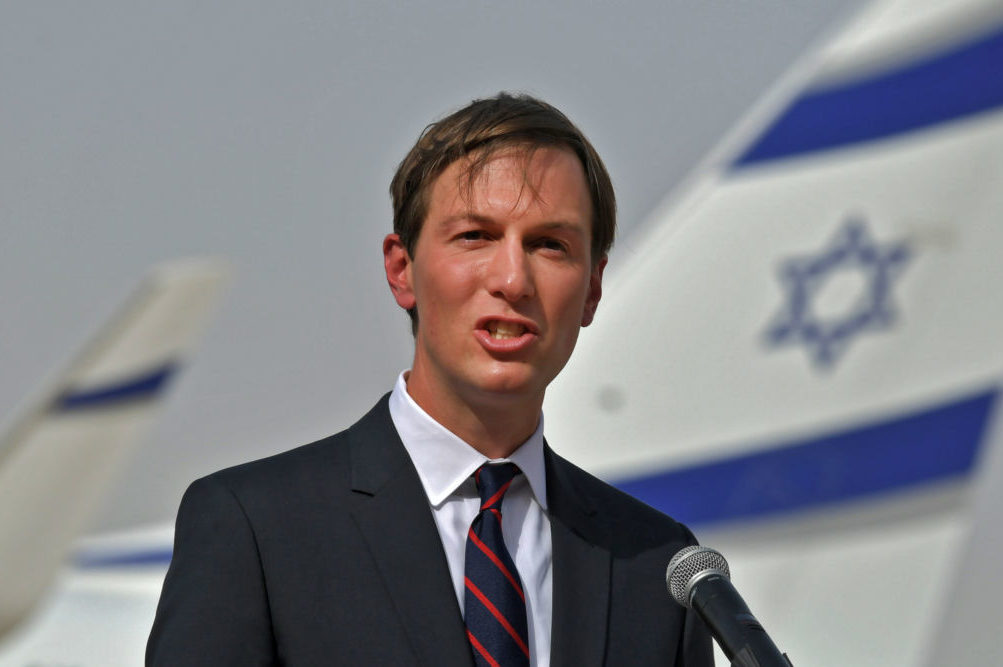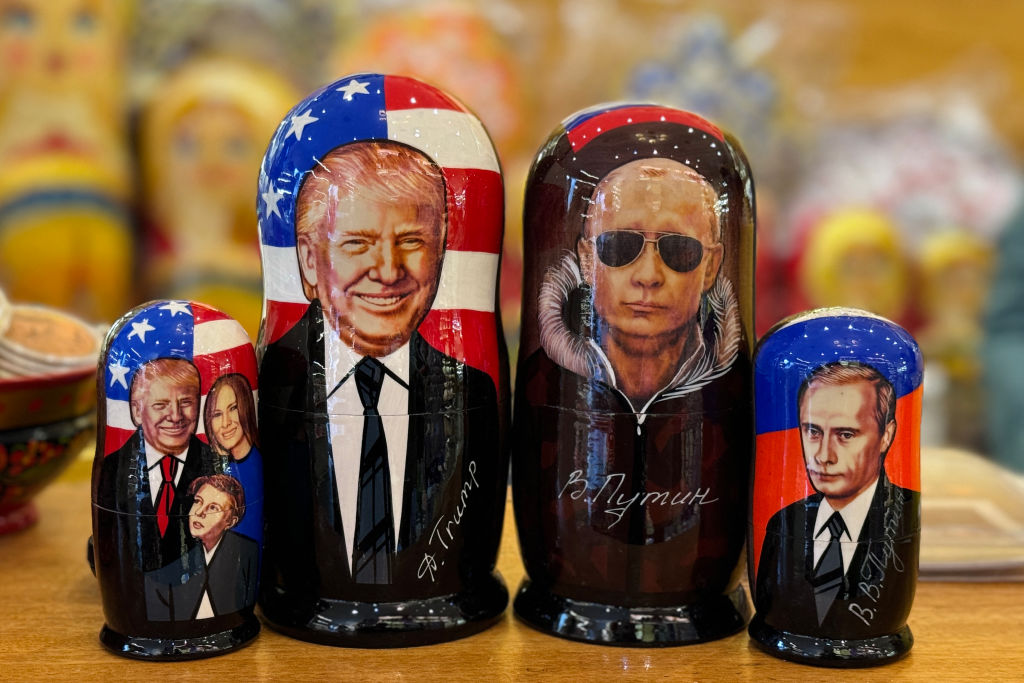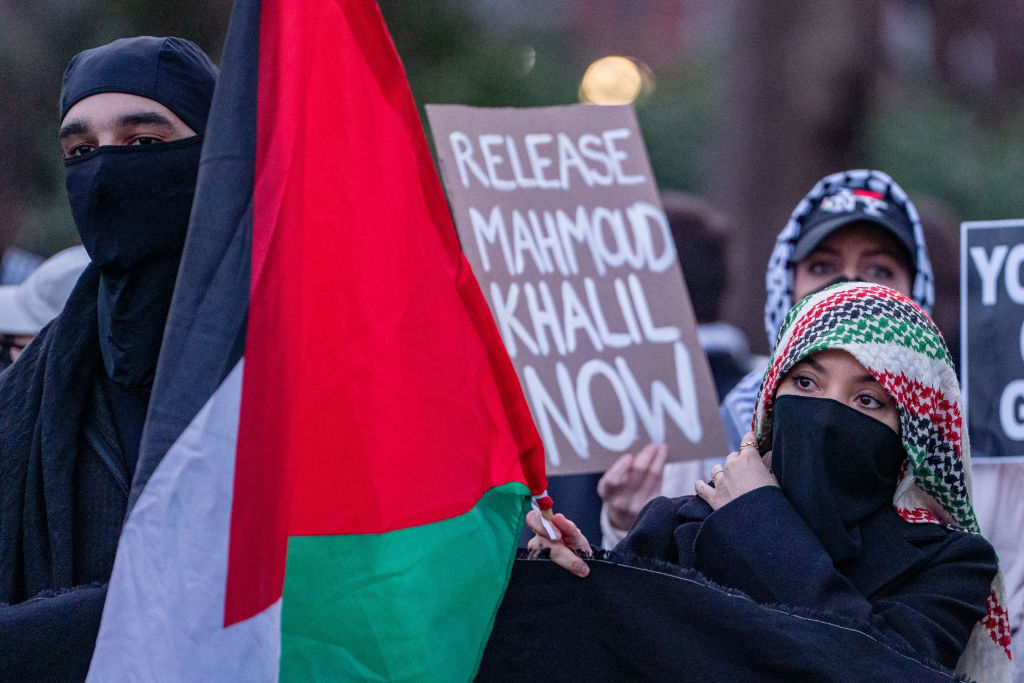In these pages last year, I suggested that while the President’s son-in-law may not be a great geo-strategic mind, we should give Jared Kushner a chance to give peace in the Middle East a chance.
After all, to paraphrase President Trump’s message to African American voters, what do those suffering Middle Easterners have to lose after close to two decades of failed US military interventions in the area that brought about chaos and bloodshed?
Needless to say that I was bombarded with dismissive messages from pals who are proud members of Washington’s ‘foreign policy community’. They thought I was out of my mind and/or trying to land a job in the Trump administration.
Well, after the conclusion of the, yes, historic peace agreement between Israel and the United Arab Emirates and signs of a potential for diplomatic détente between the Jewish state and other Arab-Sunni Gulf states, including Saudi Arabia, my Washingtonian friends with Ivy League PhDs in international relations are not LOLing anymore. As a gentleman I shall avoid exhibiting too much Schadenfreude.
But it is nevertheless fun to watch foreign policy brains dealing with their cognitive dissonance as reality hits them straight in the face. They have been lecturing us forever that stability would not come to the Middle East without the United States energetically promoting an Arab-Israeli peace process. And in that context, they say, Washington should press Israel to end its annexationist policies in the West Bank and send a clear message to the Palestinians that that Israeli occupied territory could become part of their independent state in a final peace deal.
These luminaries insist that the Israel-UAE agreement is ‘not like’ the 1979 Israel-Egypt peace accord) which led to a ‘cold peace’ between the two countries) or the 1993 Israeli-Palestinian Oslo agreement (that not only failed to achieve its goals but also ignited new spiral of violence between Arabs and Jews).
They claim that the deal brokered by Kushner only ‘formalizes’ what has already occurred informally: Arab-Israeli rapprochement to contain Iran. Yet the same could be said of the Israel-Jordan peace agreement of 1994. That was when Bill Clinton was in the White House — and not you-know-who. Does that explain why the foreign policy establishment celebrates the Israel-Jordan deal but dismisses the Israel-UAE deal?
Yes, the new peace agreement is not going to cure cancer or even hemorrhoids, and it is clear that it may take years before Israel would become a member of the Arab League.
But Kushner has presided over a major effort to change America’s Middle East outlook, something that under Presidents George W. Bush and Barack Obama had been aimed to regime change and nation-building and the remaking of the Arab World under American hegemony. We know by now what that got us into.
Instead of trying to establish order in the Middle East, the Trump administration is now trying to encourage the Arabs and Israelis to work together to maintain the balance of power in the Middle East in a way that would not require direct US military interventions.
[special_offer]
This effort involves Israel and Arab power-brokers working together, opening the way to economic and military cooperation. As part of the deal, the Israelis agreed to reverse their earlier plan to annex part of the West Bank. That major concession should have been greeted with applause by all the peace-processing junkies in Washington. Had Jared Kushner been working under President Hillary Clinton, he would almost certainly have been nominated for the Nobel Peace Prize.
That that will not happen has to do with the obvious fact that Kushner is Trump’s son-in-law. No less disturbing to many of the Middle East experts in Washington is the because he is an observant Jew and a Zionist who is friendly with another target of liberal contempt, Benjamin Netanyahu.
By disrupting the old Middle East paradigm, Kushner did not allow the bankrupted Palestinian leadership to impose a veto on Arab-Israeli peace-making and helped deliver a peace deal without provoking a major crisis in the relationship between Washington and Jerusalem. If that isn’t a monumental diplomatic achievement, it’s hard to know what is.

























